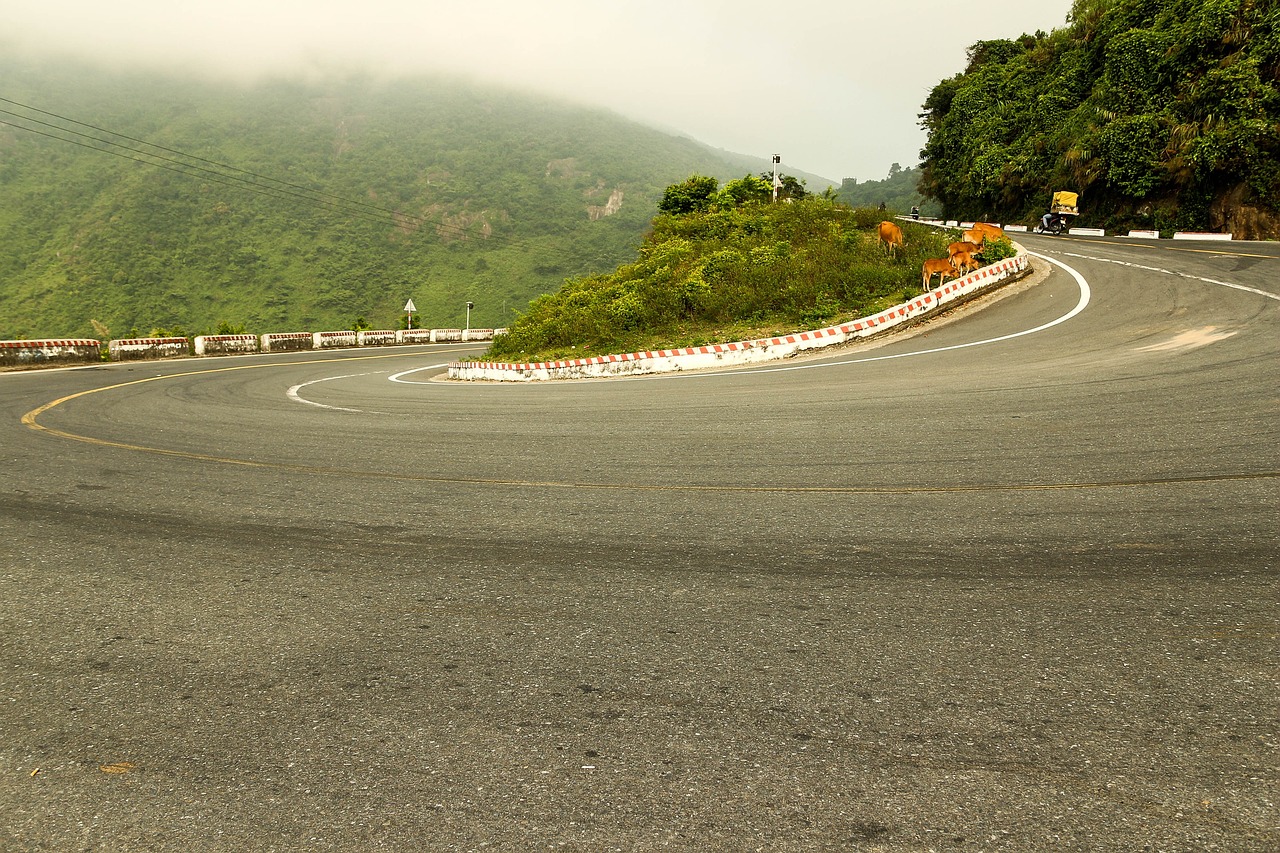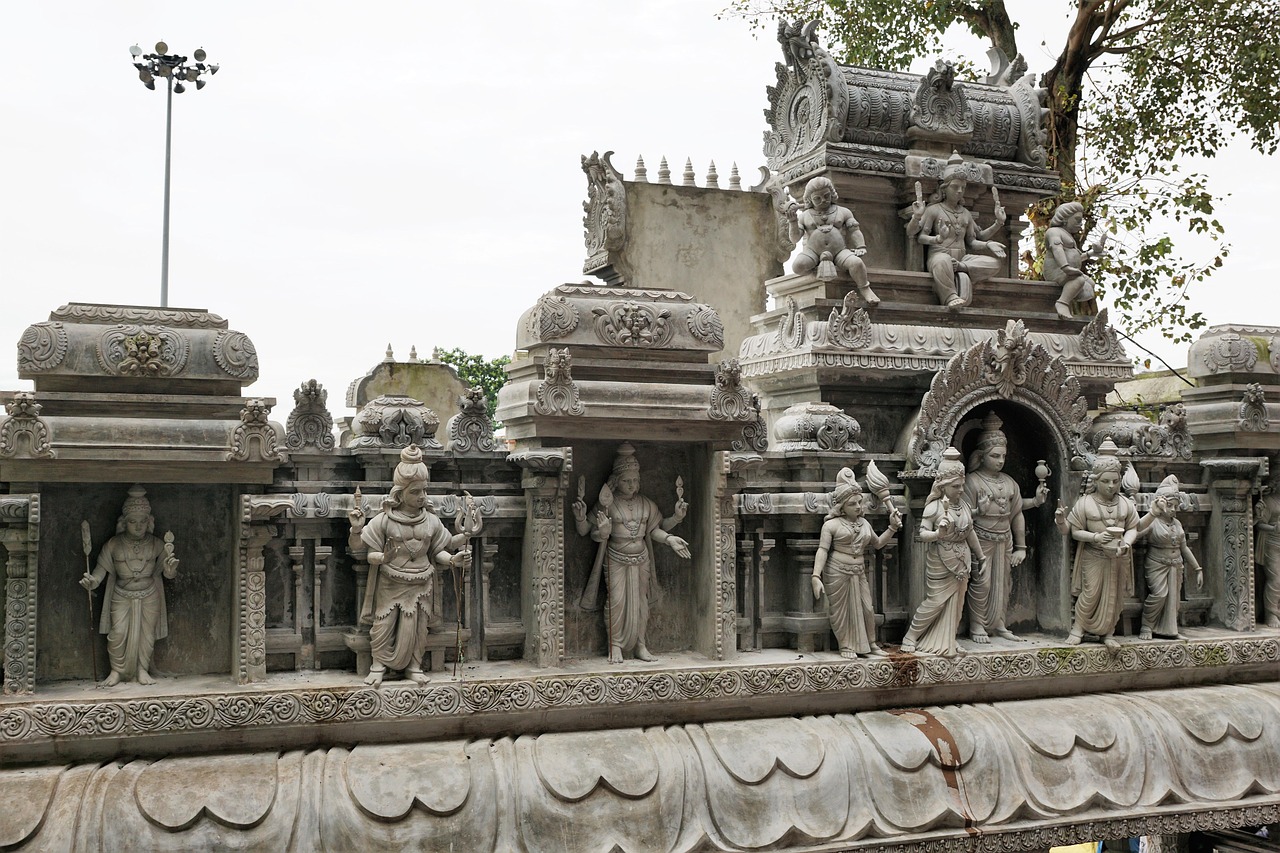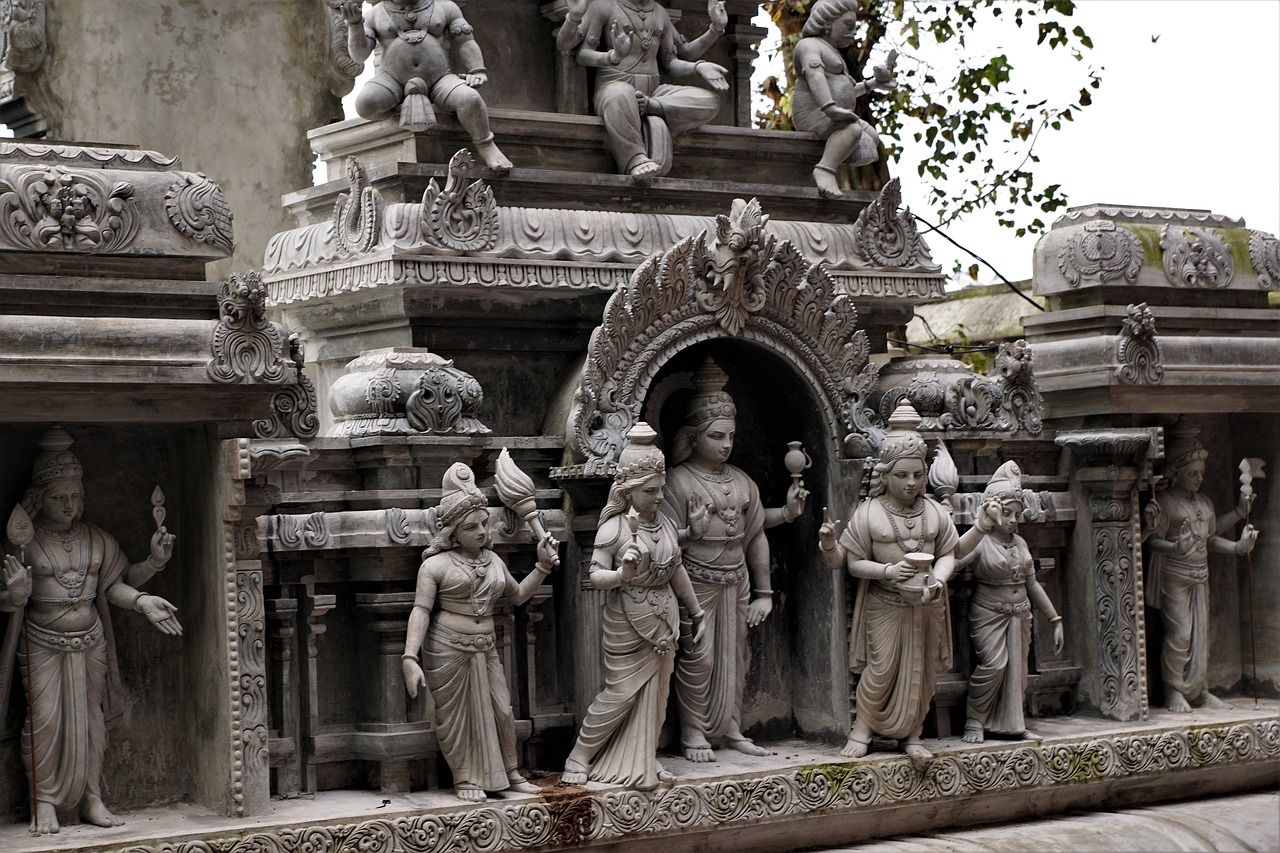All About Adventure: Top Destinations for Adrenaline Junkies in 2022
For those who crave heart-pounding excitement, the world is brimming with destinations that promise to satiate your thirst for adventure. From towering peaks to rapid rivers, these locations offer thrilling experiences that are sure to get your adrenaline pumping. In this post, we explore the best adventure destinations of 2022, each offering unique challenges and breathtaking experiences.
The Thrilling Heights of New Zealand
New Zealand is synonymous with adventure. This stunning country offers a plethora of activities that cater to the adventurous spirit. Whether you’re looking to bungee jump from dizzying heights above Queenstown or ski down the pristine slopes of the Southern Alps, New Zealand has it all.
Queenstown, often referred to as the adventure capital of the world, is a must-visit for thrill-seekers. Here, you can experience the famous Nevis Bungee, which plunges you 134 meters down into a picturesque gorge. If jumping off a bridge isn’t your thing, try the Shotover Jet, where expert drivers take you on a high-speed ride through narrow canyons.
Exploring the Depths of the Grand Canyon
The Grand Canyon in Arizona is not only a geological wonder but also a playground for adventurers. For those who seek to conquer its depths, white-water rafting down the Colorado River offers an exhilarating experience. The rapids vary in intensity, ensuring even seasoned adrenaline junkies are challenged.
For a different perspective, consider hiking the Rim-to-Rim trail, which spans approximately 24 miles and takes you through some of the most stunning landscapes the canyon has to offer. Be prepared for a strenuous journey, but one that rewards you with unparalleled views and the satisfaction of having traversed one of the world’s natural wonders.

Conquering the Peaks of the Himalayas
The Himalayas have long been a beacon for adventure enthusiasts. Home to the world’s highest peaks, this mountain range offers an array of activities that test both physical and mental endurance. For those aiming high, trekking to the Everest Base Camp is a bucket-list experience.
This trek takes you through rugged terrain, picturesque villages, and breathtaking landscapes, all while being surrounded by the towering peaks of the Himalayas. The journey itself is a test of strength and willpower, but reaching the base camp of Mount Everest is an achievement like no other.
For those seeking something less intense, the Annapurna Circuit is a popular alternative, providing stunning views and an opportunity to immerse oneself in the rich culture of Nepal.
Diving into the Depths of the Great Barrier Reef
Australia’s Great Barrier Reef is a paradise for those who love underwater adventures. As the largest coral reef system in the world, it offers unparalleled opportunities for scuba diving and snorkeling.
Dive into the azure waters and explore the vibrant marine life that calls the reef home. From colorful corals to majestic sea turtles, the Great Barrier Reef provides a stunning backdrop for any underwater escapade. For the truly adventurous, night dives offer a chance to experience the reef in a completely different light.
Soaring Above the Fjords of Norway
For a unique adventure experience, head to the fjords of Norway. Known for their dramatic landscapes, these fjords offer a variety of activities for the adrenaline junkie. One such activity is wingsuit flying, where you can soar like a bird over the stunning Norwegian landscapes.
If you’re looking for something grounded, consider hiking the famous Trolltunga. This challenging hike rewards you with a breathtaking view from a rock formation that juts out over the fjord, providing one of the most iconic photo opportunities in the world.

Surfing the Waves of Hawaii
Hawaii is a dream destination for surfers. The islands offer some of the best surfing spots in the world, with waves that attract surfers from all corners of the globe. From the famous Banzai Pipeline on Oahu’s North Shore to the less crowded Hanalei Bay on Kauai, there’s a wave for every skill level.
Beyond surfing, Hawaii offers other adrenaline-pumping activities such as zip-lining through lush rainforests, cliff diving at Waimea Bay, and volcanic hiking. The diverse landscapes and rich culture make Hawaii a top pick for adventure travelers.
Takeaways
The world is full of destinations that cater to those who seek thrilling experiences. From the heights of New Zealand to the depths of the Great Barrier Reef, these locations offer a variety of activities that promise to quench the thirst for adventure. Whether you’re a seasoned adrenaline junkie or someone looking to step out of your comfort zone, these destinations are sure to provide experiences that will stay with you long after the adventure ends.
As you plan your next adventure, remember to consider not only the thrill of the activity but also the beauty and culture of the destination. Each location offers its own unique charm, making them well worth the visit. So pack your bags, prepare for adventure, and head out to explore the best destinations for adrenaline junkies in 2022.
When choosing your next adrenaline-packed getaway, it’s essential to prepare adequately to ensure both safety and enjoyment. Here are a few tips to keep in mind:

Tips for a Safe and Exciting Adventure
- Research and Plan: Before embarking on any adventure, thoroughly research your destination and the activities you plan to participate in. Understanding the challenges and requirements of each activity will help you prepare both mentally and physically.
- Gear Up: Having the right equipment is crucial for any adventure. Whether you’re hiking in the Himalayas or diving in the Great Barrier Reef, ensure that you have the necessary gear. It might be beneficial to rent or purchase equipment from reputable providers who prioritize safety.
- Stay Informed: Keep up with local weather conditions and any advisories. Particular activities, such as skiing or surfing, can be highly dependent on weather patterns, and staying informed can help you avoid potential dangers.
- Health and Safety: Consider obtaining travel insurance that covers adventure activities. Additionally, ensure that you’re in good health and physically fit for the planned activities. If necessary, consult with a healthcare provider before traveling.
- Respect Local Culture: Adventuring often brings you into contact with different cultures and traditions. Respect local customs and traditions, and be mindful of the impact your activities may have on the environment.
By following these tips, you can maximize the enjoyment of your adventure while ensuring your safety and well-being. The world is full of thrilling opportunities just waiting to be explored, so don’t hesitate to dive in and experience the excitement firsthand.
Embracing the Adventure Lifestyle
For many, adventure travel is more than just a hobby; it’s a lifestyle. It offers a chance to break away from the mundane and embrace a life filled with excitement and discovery. The experiences gained through adventure travel contribute to personal growth, providing new perspectives and a deeper appreciation for the natural world.
Moreover, adventure travel often fosters connections with fellow travelers and locals alike, building a sense of community and shared experience. Whether you’re sharing stories around a campfire in the Outback or bonding over a shared love for surfing in Hawaii, the friendships forged during these adventures are lasting and meaningful.
As you embark on your adventure in 2022, remember that each journey is unique and offers its own set of challenges and rewards. Embrace the unknown, push your limits, and enjoy the thrill of discovery. Adventure travel is about more than just the adrenaline rush; it’s about the memories and stories you create along the way.

In conclusion, the destinations highlighted in this guide are just a glimpse of what’s available to the adventurous traveler. Each location offers its own unique blend of excitement, beauty, and culture, making them perfect choices for those seeking a thrill. So, whether you’re diving into the depths of the ocean or soaring above mountain peaks, the world is your playground. With careful planning and an adventurous spirit, 2022 can be your year of unforgettable adventures.
Where will your next adventure take you?
As you contemplate your next adventure, keep in mind that the journey itself often holds as much value as the destination. The pursuit of adrenaline can lead you to some of the most awe-inspiring places on earth, opening doors to experiences that transform mere trips into transformative journeys.
The Role of Sustainability in Adventure Travel
As adventure tourism continues to grow, it’s vital to consider the environmental and cultural impacts of our travels. Adventurers have a unique opportunity to become ambassadors for sustainable travel, promoting practices that protect the natural and cultural wonders we explore.
Minimizing Environmental Impact: When engaging in adventure activities, consider how your actions affect the environment. For instance, when hiking, stick to established trails to minimize soil erosion. When diving, avoid touching the coral reefs, as they are delicate ecosystems. In all activities, aim to leave no trace, ensuring that the beauty of these destinations remains intact for future generations.
Supporting Local Communities: Choose tours and activities that benefit local communities. This might include hiring local guides, staying in locally owned accommodations, or purchasing goods from local artisans. By doing so, you contribute to the local economy and help preserve cultural heritage.

Furthermore, educating yourself on the cultural practices and traditions of the places you visit fosters mutual respect and understanding. By embracing sustainable travel practices, you can play an active role in preserving the very destinations that make adventure travel so rewarding.
Future Trends in Adventure Travel
Looking ahead, the world of adventure travel is continually evolving. With technological advancements and an increasing focus on sustainability, new trends are emerging that promise to enhance the adventure travel experience.
Virtual Reality Explorations: As technology advances, virtual reality (VR) offers a new way to explore the world. While nothing can replace the thrill of being there in person, VR can provide a taste of the adventure, allowing travelers to preview destinations and experiences before they embark.
Eco-Friendly Innovations: With an emphasis on sustainability, eco-friendly innovations are becoming more prevalent in the travel industry. From electric vehicles for transportation to eco-conscious accommodations, these advancements help reduce the carbon footprint of adventure travel.
Customized Adventure Experiences: Personalized travel experiences are on the rise, with companies offering customizable itineraries that cater to specific interests and preferences. Whether you’re a solo adventurer or traveling with a group, these tailored experiences ensure that your adventure is precisely what you envision.
As these trends continue to develop, they will shape the future of adventure travel, making it more accessible, sustainable, and personalized than ever before.
Final Thoughts
The world is a vast playground for those seeking adventure. With so many incredible destinations to explore, 2022 presents an opportunity to embark on journeys that challenge, inspire, and invigorate. Whether you’re scaling mountains, diving into the deep blue sea, or navigating wild rivers, the adventures you pursue will become part of your story.
So, embrace the thrill, respect the world around you, and set out on your next great adventure. Who knows what wonders await you just beyond the horizon?
Are you ready to take the leap?
